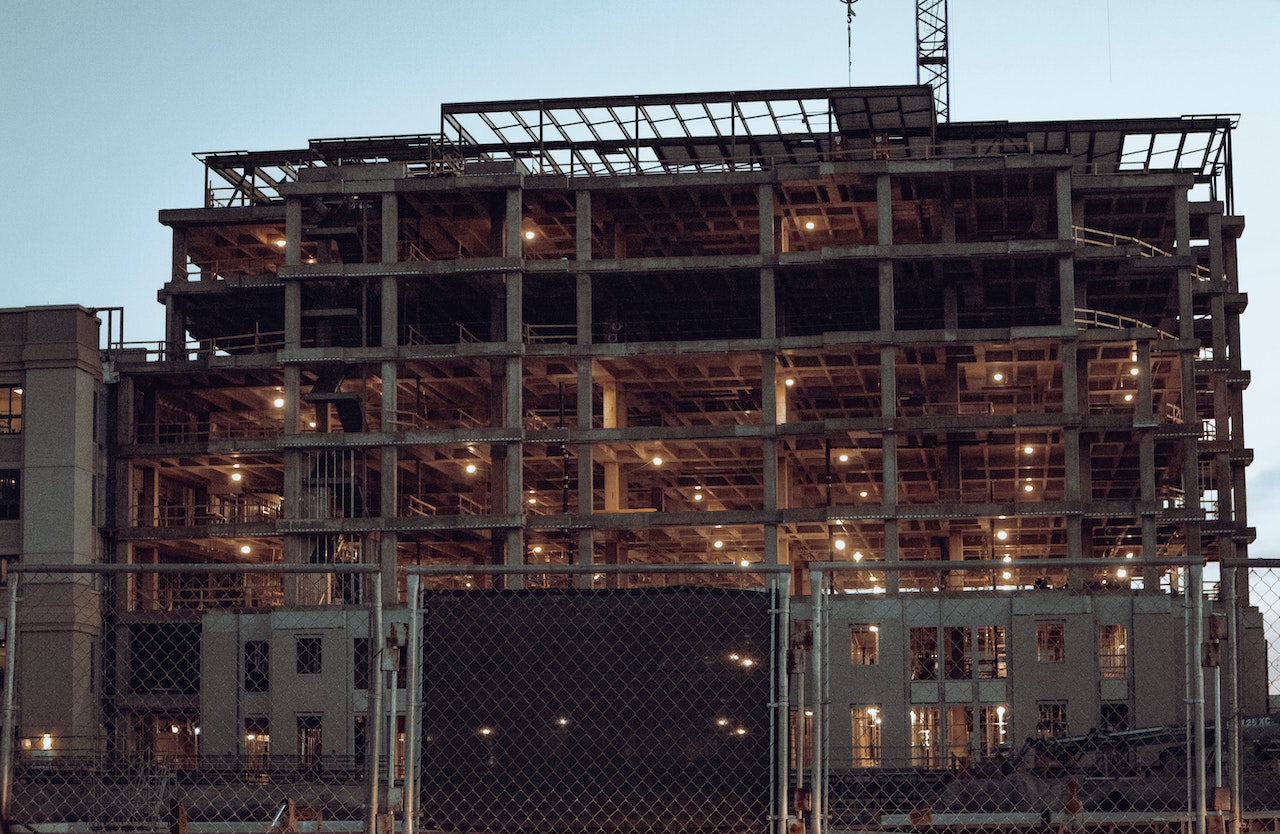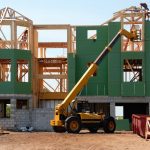Surety Bond Professionals is a family owned and operated bonding agency with over 30 years of experience. With access to a broad range of surety markets, our expert agents are ready to assist with all of your construction bond needs.
The potential causes of construction project delays are many and varied. This article highlights ten of the most common or problematic causes and provides some ideas for preventing them.
1. Inaccurate Budgets
Mistakes made when budgeting can cause cash flow crunches that result in project delays. Problems are most likely to occur when data is not reported between the field and office on a timely basis, so job progress and billings do not match project costs. The best solution is to use cloud-based integrated construction management software that gives field and office staff access to real time data.
2. Inadequate Planning
Construction projects are all about planning. There are plans at every phase of every project. When viewed as a whole, the plans for a given project are all about managing the human and other resources that serve as inputs to the process to produce the optimal project outcome. Failing to involve the right people who possess the necessary expertise, information, and authority at each stage of planning has the potential to cause major delays and cost overruns. Poor planning can derail a project entirely.
3. Labor Shortages
The construction labor market has been shrinking since the recession of 2008. It has shrunk even further since the shutdowns associated with COVID-19. Older workers or retiring, and younger ones are choosing careers other than in construction. Construction companies are actively changing their recruiting strategies to bring more women and minorities into the construction labor pool. And some younger people are beginning to view training in the construction trades as a viable option to the high cost of a college education.
4. Scheduling Issues
Construction scheduling involves arranging work activities in a logical sequence to complete the project within the stipulated time frame. A detailed schedule provides milestones against which progress can be measured. Proper scheduling requires a great deal of technical knowledge and a deep understanding of resource requirements and is best carried out using project planning software.
5. Slow Approvals
All too often, construction delays can be attributed to someone somewhere along the line who has not made a necessary decision. Bottlenecks and delays are common when approvals are not made in a timely manner. Using integrated construction management software can help speed up the process by making real-time data available to all involved in the decision-making process.
6. Subcontractor Management
General contractors often work with multiple subcontractors per project. Each subcontractor has their own timeline and schedule and may need to interact with other subcontractors in a particular order. The more collaborative the workplace is, the less likely there are likely to be delays due to conflicts between subcontractor priorities. General contractors need to make sure the expectations of all parties are clarified from the beginning.
7. Inefficient Management of Materials and Equipment
Not having needed materials and equipment available is an avoidable cause of delays on a jobsite. Accurate estimates of quantities and efficient procurement, along with good scheduling, inventory management, and field servicing of equipment (whether owned by the contract, leased, or rented), go a long way toward preventing such problems.
8. Poor Communication
In all human endeavors, delays often can be chalked up to poor communication. The more parties are involved, the more likely there is to be miscommunication. Again, real-time sharing of data between and within the field and office is crucial.
9. Inclement Weather and Natural Disasters
While contractors cannot control the weather, they can anticipate it being a problem during a construction project. Given the right waterproof apparel and appropriate job assignments, some onsite work can be done during inclement weather. And some slack should be built into the schedule to accommodate weather events that can be expected during the particular season(s) in question.
Some weather events are severe enough to be considered natural disasters, such as tornadoes or hurricanes. Every project plan should include contingencies addressing the possibility of these and other natural disasters, such as flood, fire, or earthquake. With proper planning, work does not need to grind to a complete halt in the event of poor weather.
10. Change in Project Scope
Poorly defined scope of work is another common cause of project delays. Everything else—all project plans, schedules, procurement, labor deployment, and so on—are derived from the initial project scope. But it’s not uncommon for a project to experience “scope creep,” an unanticipated expansion of what needs to be done. That’s what happens when the scope of a project is not clearly defined up front.
Changes at any point in the construction process can have a ripple effect, requiring modifications to plans and budgets, and can even result in contractual disputes. Initial project planning must address key success factors, performance indicators, and milestones. The project owner’s quick approval of change requests is critical to avoiding unnecessary delays.
Final Thoughts
Bear in mind that serious delays can lead to contractual violations that could result in claims against the contractor’s performance surety bond. That makes it imperative to prevent delays to the extent possible and, when they do occur, to get the project back on track as quickly as possible.
Call Us Today
Our surety bond professionals will help you grow your revenue by maximizing your surety capacity. Call us today!





